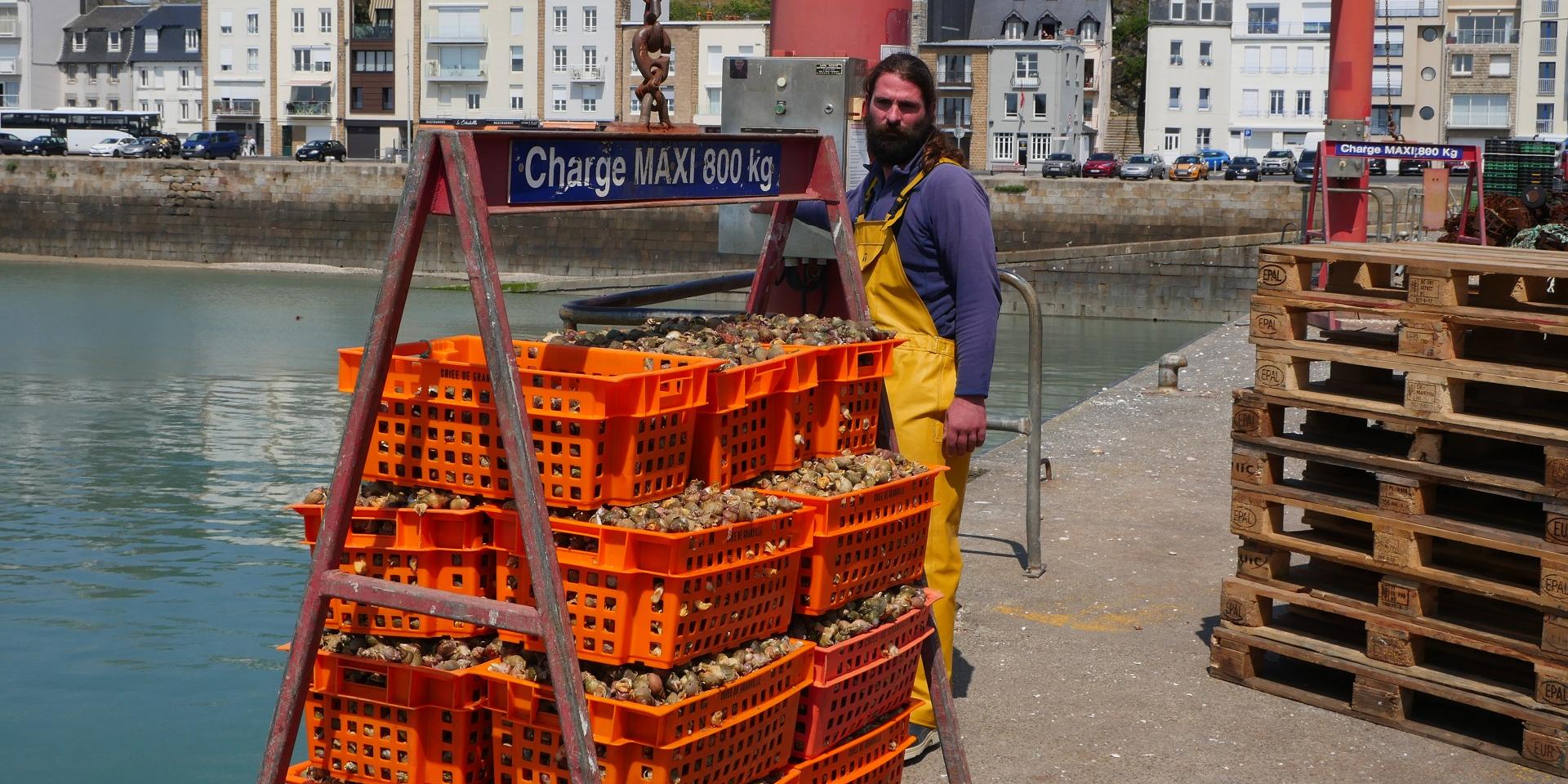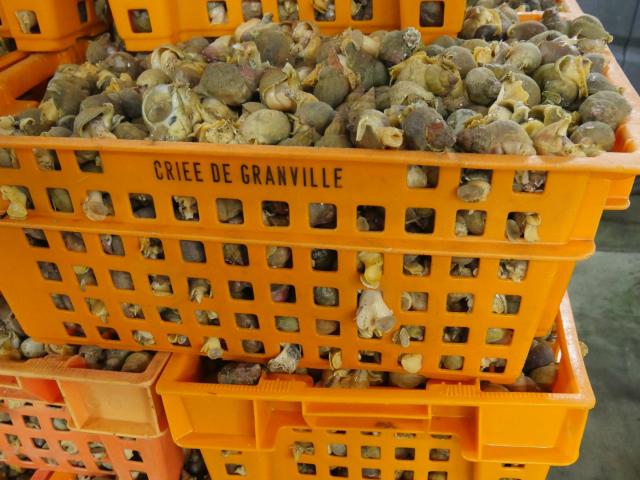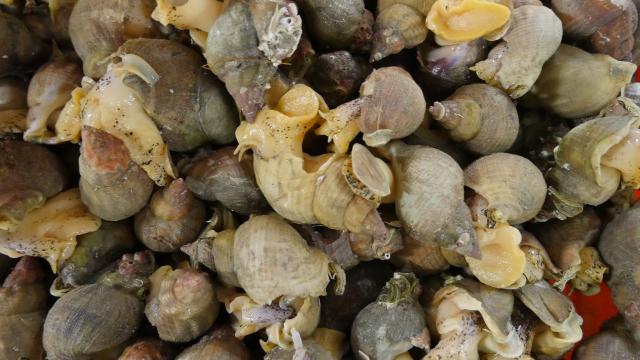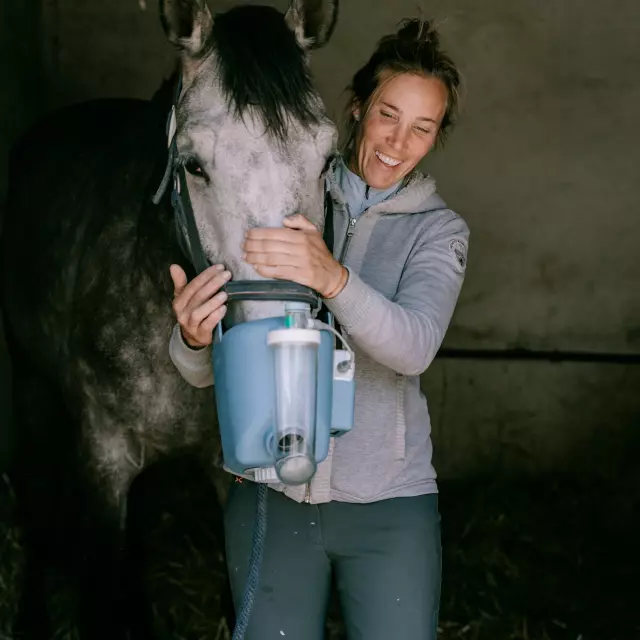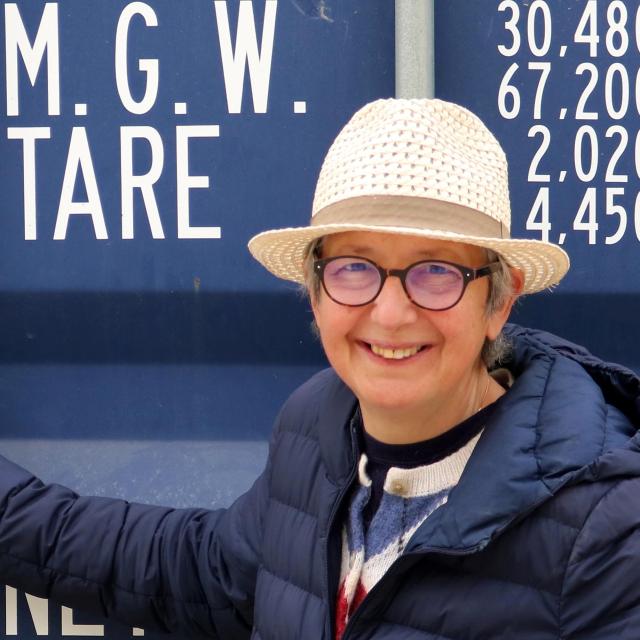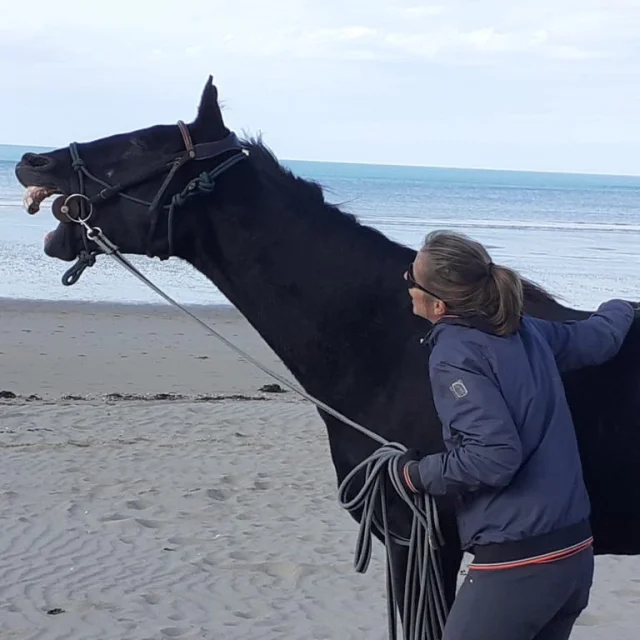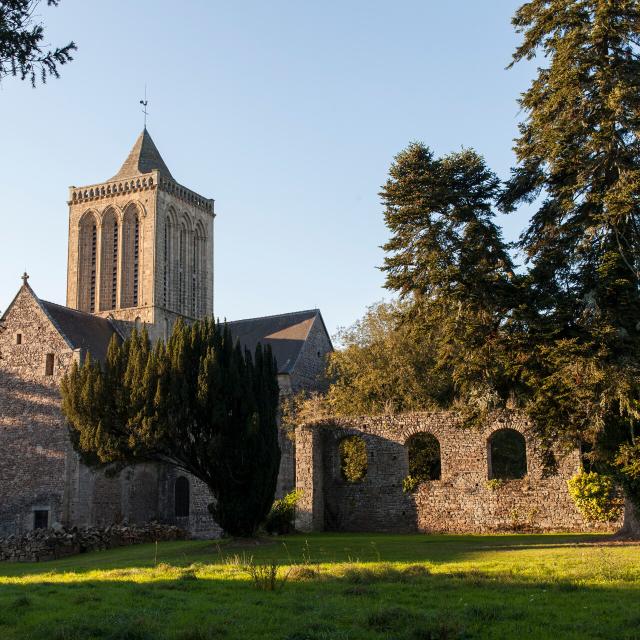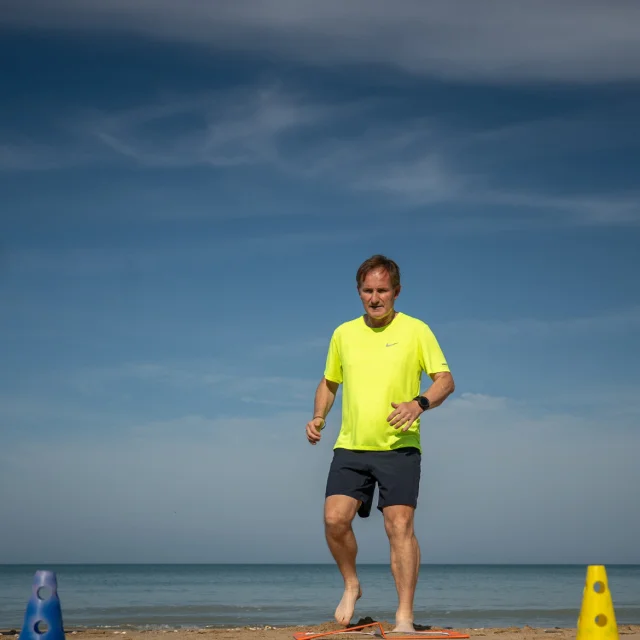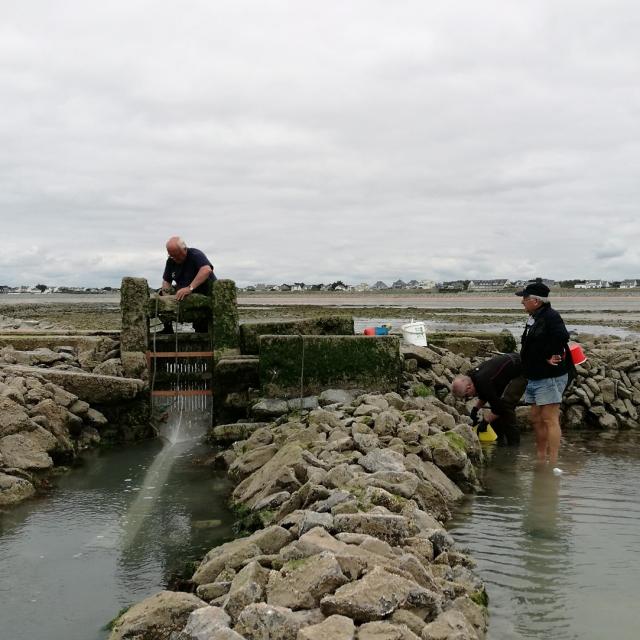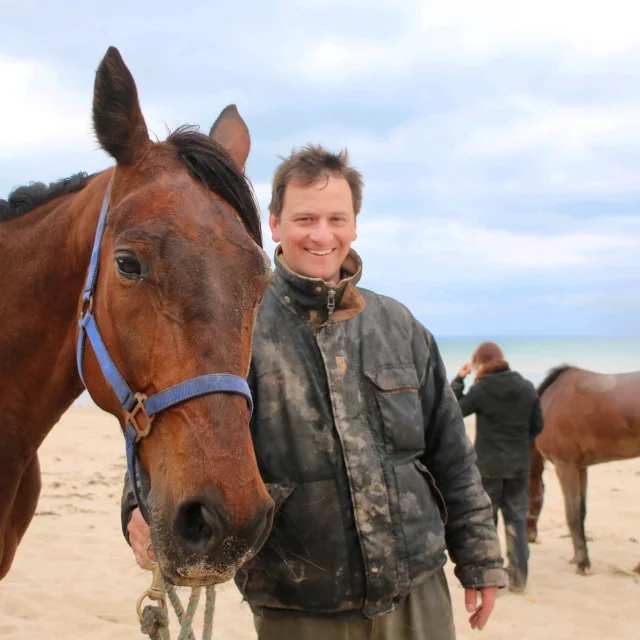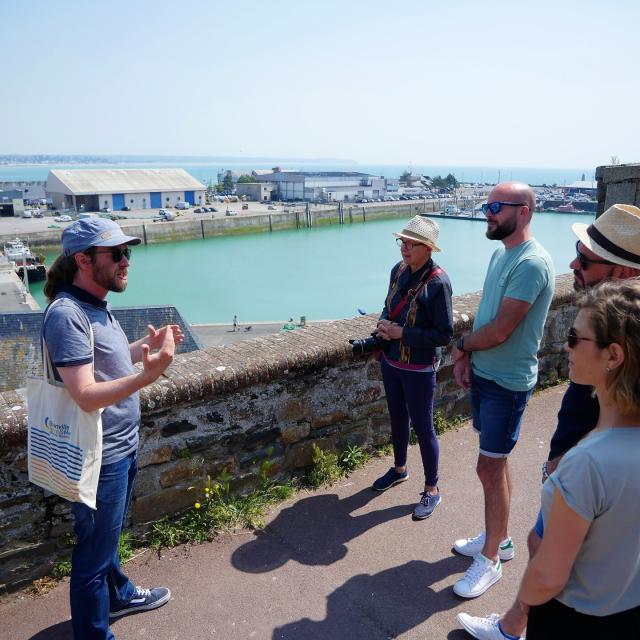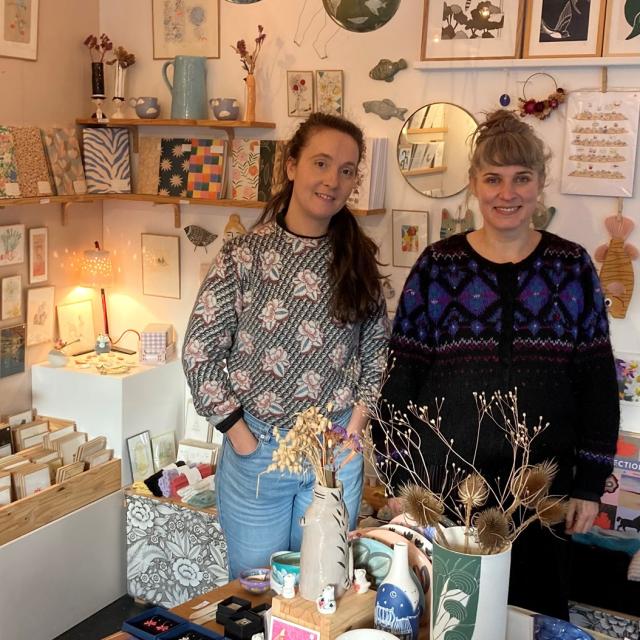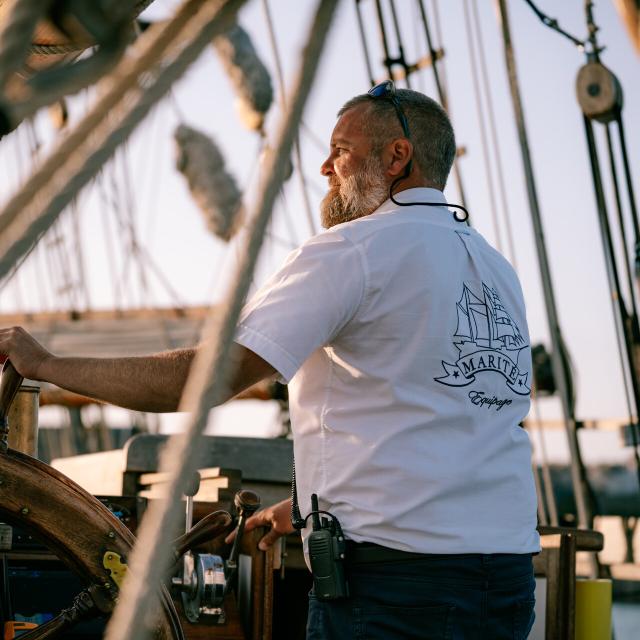Johan
Johan Leguelinel is 33 years old and a whelk fisherman in his home town of Granville, which is the leading landing port for this species in France and Europe. When he passes his Capitaine 200 Voile, he has to validate it and find a place to embark. The easiest thing to do was to fish in Granville – he asked his big brother, Didier – and so it was to fish for whelks!
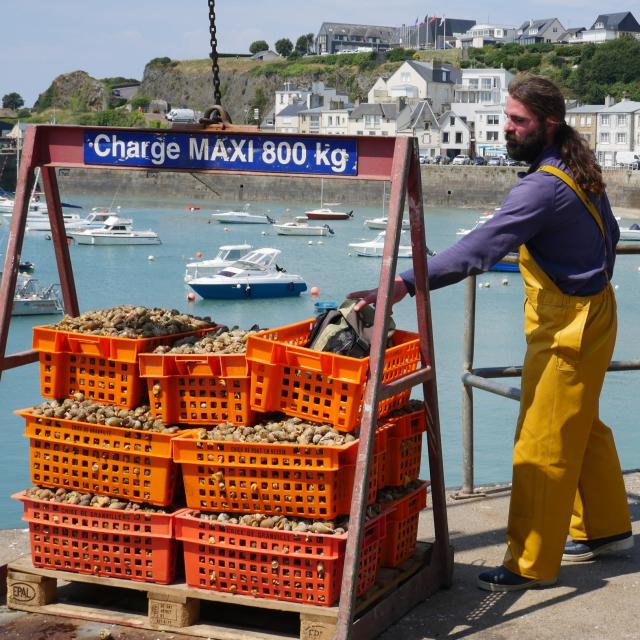 Johan Leguelinel Peche Bulots Granville Copyright Benoit Galleteau Otgtm Hd
Johan Leguelinel Peche Bulots Granville Copyright Benoit Galleteau Otgtm Hd